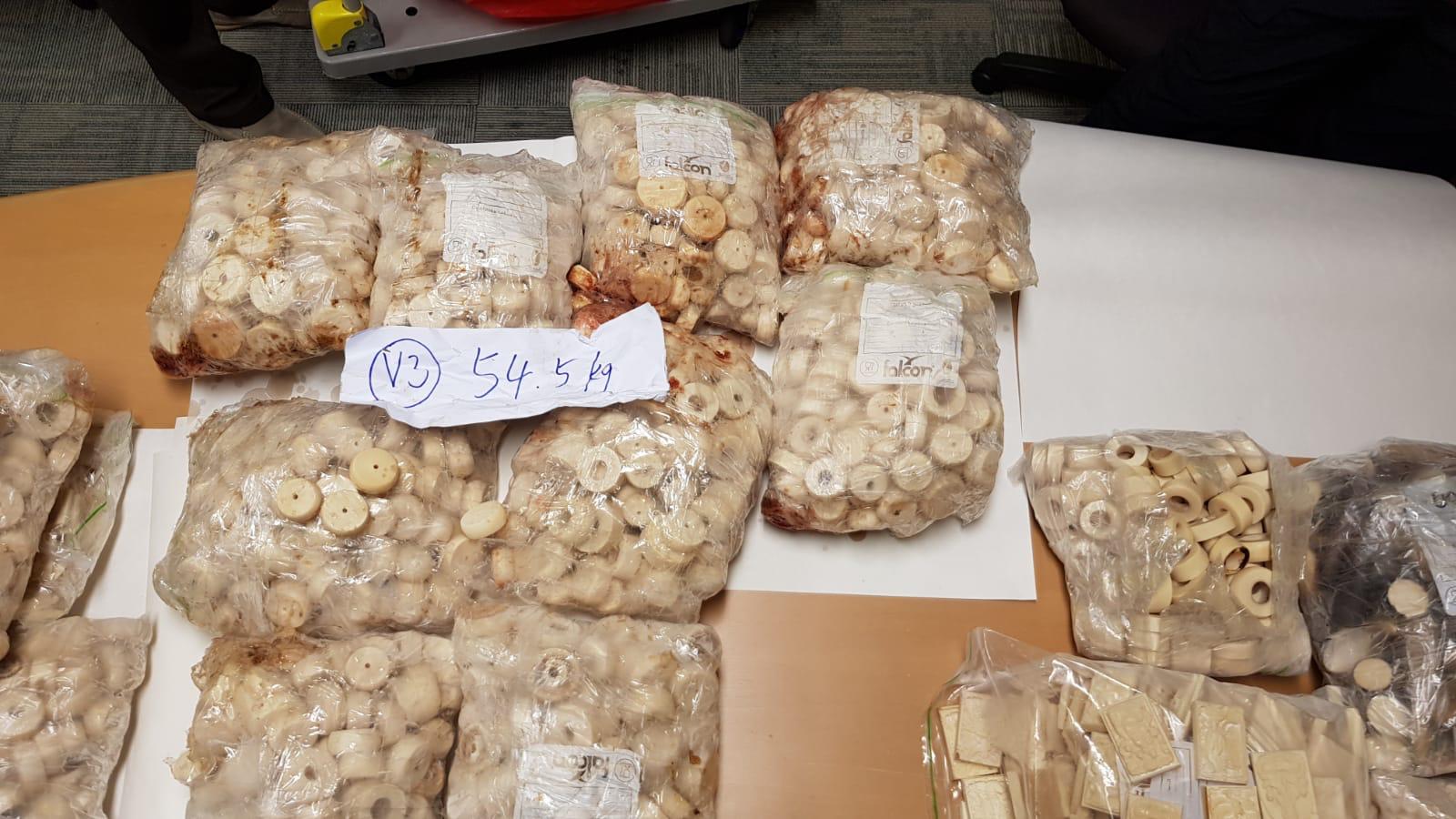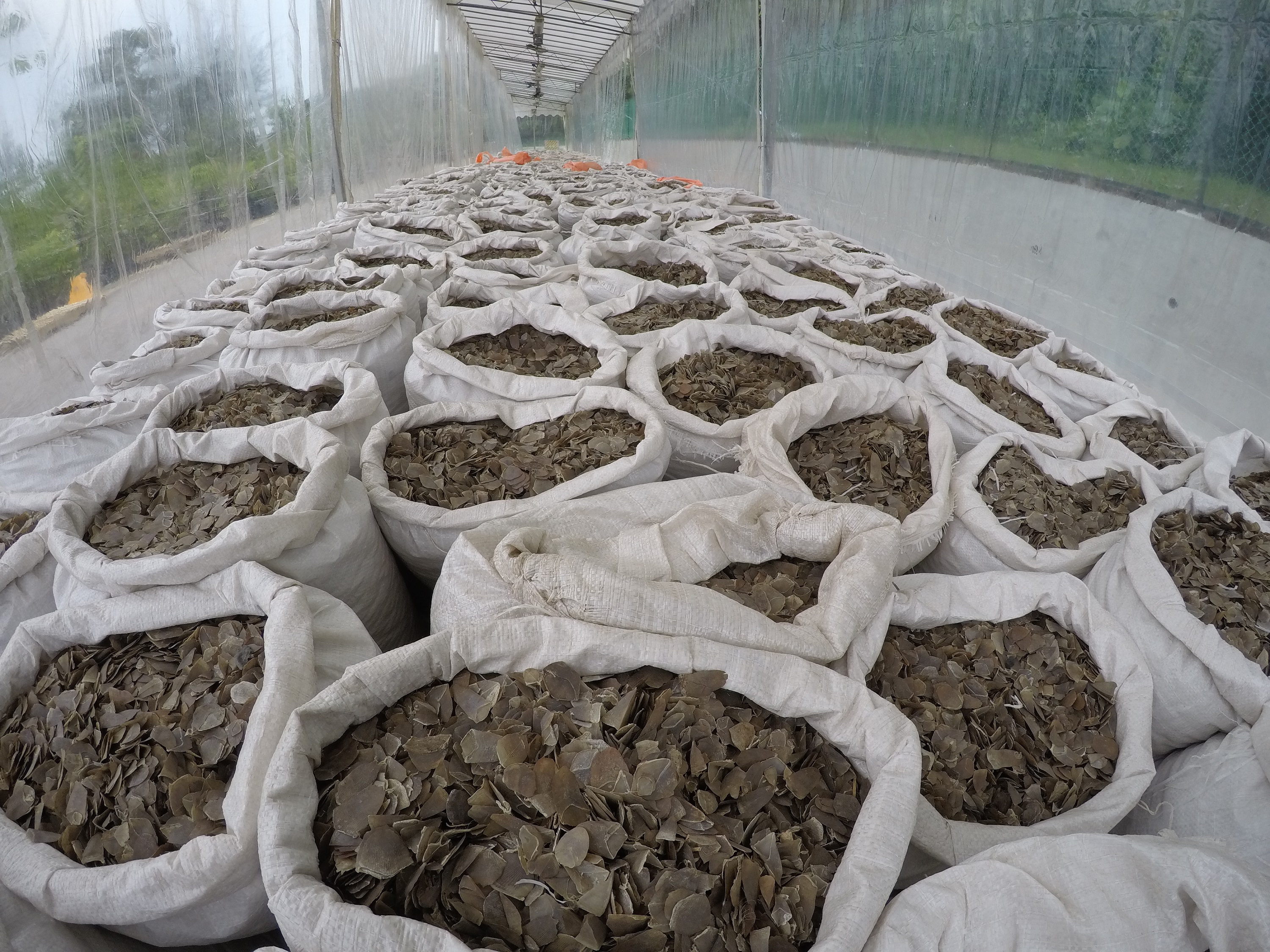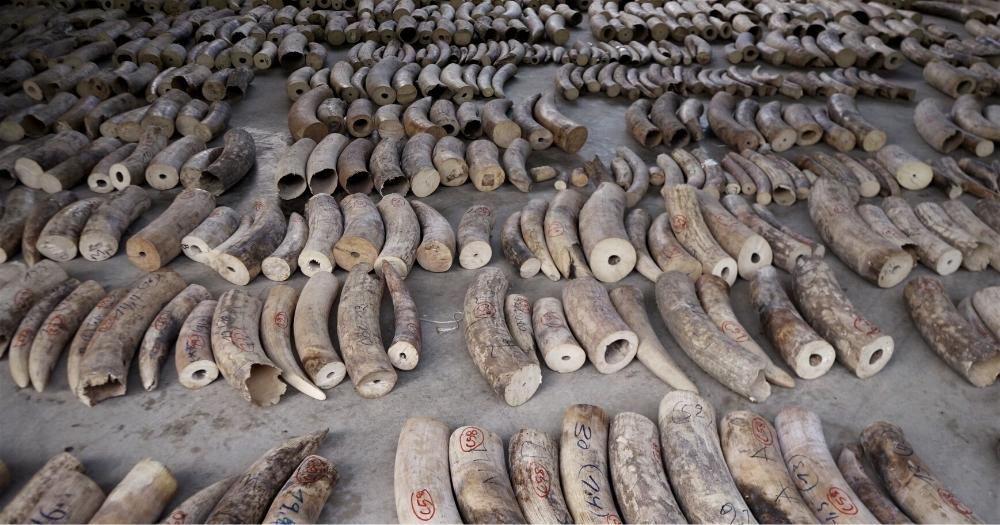Follow us on Telegram for the latest updates: https://t.me/mothershipsg
There will be proposed amendments to the Endangered Species (Import and Export) Act and a month-long public consultation from Nov. 12.
Background
The Endangered Species (Import and Export) Act is Singapore's primary law which gives effect and supports the local implementation and enforcement of Convention on International Trade in Endangered Species of Wild Fauna and Flora (CITES) regulations.
On the other hand, CITES is an international trade agreement between governments which aims to regulate the international trade of wild animals and plants to ensure it does not threaten their survival.
CITES protects over 38,700 species; and each species is listed in any of the three CITES appendices – Appendix I, II, and III – based on how threatened they are by international trade.
The first appendix comprises species that are currently threatened with extinction, while the second appendix comprises species that are not currently threatened by extinction, but may be at risk if without trade regulations.
Species within the third appendix are protected in at least one CITES member country.
NParks acts as the authority to implements CITES' regulations within Singapore.
 Bags of ivory pieces. Image courtesy of NParks.
Bags of ivory pieces. Image courtesy of NParks.
Proposed amendments
The Ministry of National Development (MND) and NParks engaged agencies and key stakeholders to form the proposed amendments, which fall into three broad categories:
Stiffer penalties for illegal trade in CITES' protected species
For starters, NParks proposed doubling the penalties for illegal trade to a maximum fine of S$100,000, for the fine to be liable for each specimen, and a maximum jail term of four years.
The current maximum fine for illegal trade is S$50,000 per species, and a maximum jail term of two years.
NParks hopes to further deter illegal wildlife trade domestically and internationally by ensuring penalties are proportionate to the offence:
- to dole out heavier penalties for repeat offenders who trade Appendix II and III species illegally
- to match the total maximum fine to the market value of CITES species or S$500,000, whichever is higher
- to align Singapore's domestic penalties with international penalties for the illegal domestic trade in CITES species
Stronger enforcement power for NParks to tackle illegal wildlife trade
In the proposed amendment, NParks will have authority to seize and forfeit the items used to deliberately conceal and/or convey CITES specimens.
Additionally, NParks proposes the introduction of safeguards to protect informants' identities, in hopes of encouraging more individuals to volunteer information regarding illegal wildlife trade.
This includes prohibiting the mention of the informant's personal details in court proceedings.
All of which will enhance investigative powers, facilitate investigations, and augment enforcement, said NParks.
Clarifying the scope of Singapore’s wildlife trade regulations
NParks proposes to clarify what is allowed, or not allowed, under the Endangered Species (Import and Export) Act and this includes:
- considering crossbred animals of CITES Appendix I and II species as full species
- excluding naturally excreted animal by-products, such as faeces and urine, from the regulations
- the type of documents needed when CITES species transit or transship through Singapore
This allows Singapore to adhere more closely to CITES Resolutions – an outline which recommends the implementation of CITES – said NParks.
 Bags of pangolin scales. Image courtesy of NParks.
Bags of pangolin scales. Image courtesy of NParks.
Public consultation
You can find out more about the proposed amendments, along with Singapore’s approach to combatting illegal wildlife trade, and share feedback here.
Alternatively, members of the public can write in to [email protected] to submit more detailed feedback.
The public consultation will end on Dec. 12.
Following which, MND and NParks will review the feedback received, before finalising the proposed amendments to the Endangered Species (Import and Export) Act.
NParks said it hopes to table the Bill in Parliament in March, 2022.
What has been done so far
NParks said: "We are committed to the global fight against the illegal wildlife trade and adopt a multi-pronged approach to regulate and enforce against such trade."
So far, local measures include the ban on the domestic trade in elephant ivory, the new Centre for Wildlife Forensics and introduction of K9 sniffer dogs to detect wildlife and wildlife products, and partnering with the relevant authorities to screen and scan shipments and persons passing through Singapore's checkpoints.
On the international level, Singapore’s Centre for Wildlife Forensics collaborates with international experts to use DNA analysis methods to provide deeper insights on seizures, and better understand patterns in illegal wildlife trade.
Singapore also contributes to CITES and the INTERPOL Wildlife Crime Working Group.
The community can play a key role by ensuring their purchases do not contain animal parts of endangered species, and not contributing to the demand for the illegal trade of wildlife.
Should a member of the public spot any occurrences of illegal wildlife trade, they can contact NParks at 1800-476-1600.
Related stories
Top image courtesy of NParks
If you like what you read, follow us on Facebook, Instagram, Twitter and Telegram to get the latest updates.

